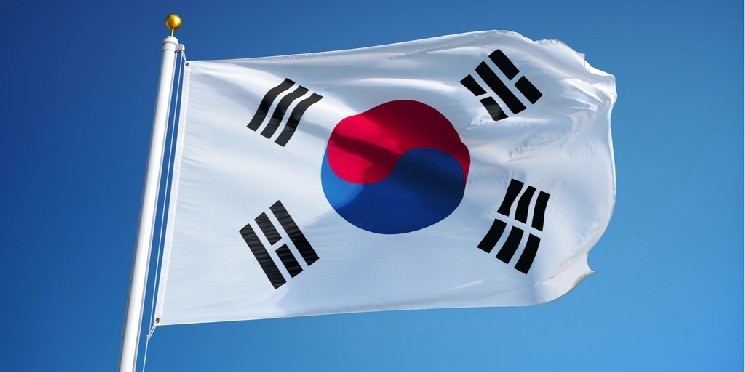South Korea’s People Power Party (PPP) has set forth ambitious plans to revolutionize the country’s digital asset landscape before the year’s end. The party’s agenda includes the approval of spot crypto ETFs, the dismantling of a major banking restriction, and a comprehensive overhaul of existing digital asset laws. These proposed changes come in the wake of the impeachment of former president Yoon Suk Yeol, who was removed from office for unlawfully imposing martial law, setting the stage for a highly contested snap election on June 3.
One of the key reforms put forward by the PPP is the abolition of the “one exchange, one bank” rule, which currently limits crypto exchanges to a single banking partner. This regulation has been criticized for fostering monopolies and constraining consumer choice. Representative Park Soo-min emphasized the need for greater flexibility in choosing banking partners for virtual asset transactions during a recent emergency response committee meeting at the National Assembly.
In addition to dismantling banking restrictions, the PPP has pledged to legalize spot crypto ETFs within the year, citing the U.S. Securities and Exchange Commission’s decision to greenlight spot Bitcoin ETFs in January as a catalyst for urgent action. The party also aims to facilitate corporate and institutional investor participation in the crypto market, with plans to expand access to around 3,500 corporations and investment firms starting in Q2.
Furthermore, the PPP envisions the implementation of a “golden standard” regulatory system for stablecoins, signaling a commitment to global best practices in digital asset oversight. To oversee the execution of its digital asset agenda, the party intends to establish a Virtual Asset Special Committee directly under the presidential office. The proposed Framework Act on the Promotion of Digital Assets would introduce regulations for exchange operations, listing requirements, and a transaction disclosure system.
The PPP’s push for crypto deregulation aligns with a broader global trend, spurred by initiatives such as U.S. President Donald Trump’s repeal of DeFi broker reporting rules and the integration of crypto into American financial policy. Presidential candidate Hong Joon-pyo has pledged to mirror the Trump administration’s approach to regulatory reform and expand blockchain applications in South Korean public services.
However, the realization of the PPP’s digital asset agenda hinges on the outcome of the upcoming election. Democratic Party candidate Lee Jae-myung, who currently leads in polling, has focused on restoring democratic norms and economic stability but has provided limited insight into his stance on digital asset regulation. As the election draws near, the future of South Korea’s digital asset landscape remains uncertain, with political dynamics shaping the path forward.
This revised article integrates seamlessly into a WordPress platform, offering a fresh perspective on South Korea’s evolving digital asset policies while preserving the original HTML structure and key points.

